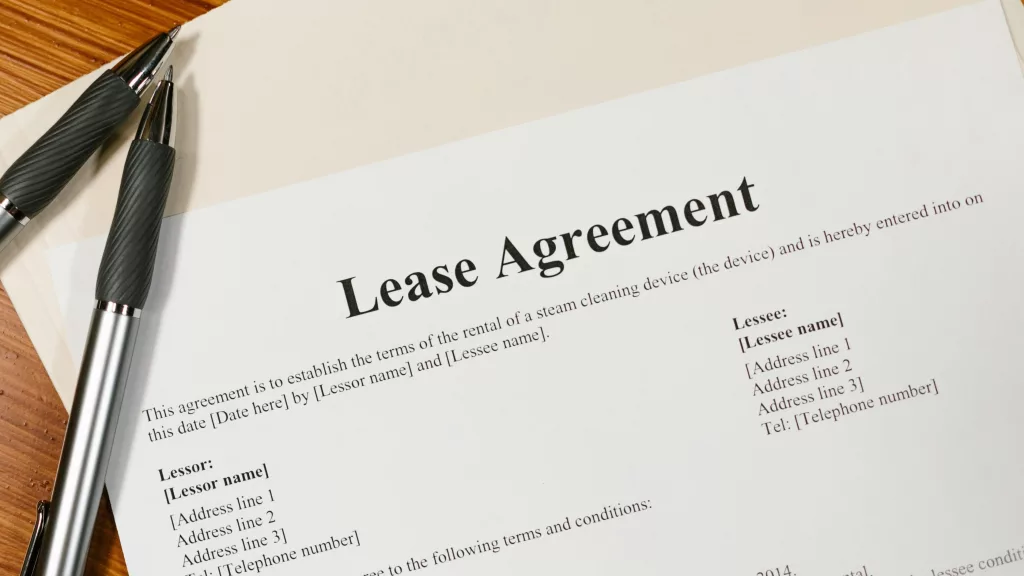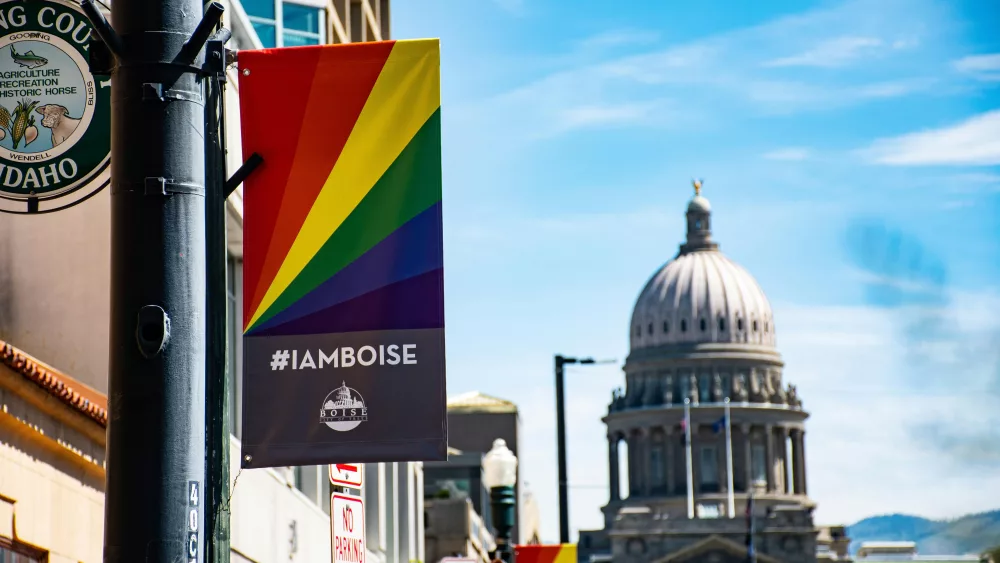OLYMPIA, WA – A cap on annual residential rent increases in Washington state is closer than ever to becoming law.
But major changes made in the Senate on Thursday have set up a clash with their Democratic colleagues in the House as the legislative session heads into its final two weeks.
Before passing House Bill 1217 on Thursday, Democrats in the state Senate amended it, raising the limit on rent increases to 10% plus inflation in a single year, with some exceptions. That’s up from the 7% cap the House approved last month.
Landlords would also need to give written notice 90 days before increasing rent. And when a tenancy begins, they can set rent however they please.
Sen. Sharon Shewmake, D-Bellingham, proposed the amendment to raise the limit. The change prevailed by a single vote on the Senate floor in a dramatic roll call vote. Sen. John Lovick, D-Mill Creek, cast the deciding vote.
“A 7% cap, I think, is dangerous. I hope I’m wrong,” Shewmake said in floor debate. “I’m worried, at a time of turmoil and change, that we can see a lessening of supply, and that when people have to move for various reasons, because they got a job, or they moved out, or they moved in, they’re going to face a worse rental market.”
Lovick said he thought this was the “more fair” approach.
“You can’t hide from your votes down here, but it’s just what my conscience led me to vote on,” he said in an interview.
After her colleagues adopted the amendment, one of the legislation’s main supporters, Sen. Yasmin Trudeau, D-Tacoma, said, “You see what happens when Democrats sell out.”
Another change approved Thursday, from Sen. Marko Liias, D-Edmonds, exempts single-family home rentals if they aren’t owned by a real estate development trust or company.
Sen. Emily Alvarado, D-Seattle, an author of the bill, said she was surprised the amendments prevailed.
“No matter what, this was a really important step,” she said after the vote. “Renters across the state are struggling. We can do something for them and we took one more step to getting this bill across the finish line.”
The final Senate vote Thursday was 29-20, with Sen. Annette Cleveland, D-Vancouver, joining all Republicans in opposition.
The bill now goes back to the House to weigh in on the changes made in the Senate before it can reach the governor’s desk.
Lovick’s seatmate, Rep. April Berg, D-Mill Creek, said the House “will try to bring it back to a fair and equitable policy for all renters.”
If signed by Gov. Bob Ferguson, the proposal would go into effect immediately.
This is the furthest the landmark legislation has gone in Washington. Last year, the bill, a top priority for progressive Democrats, lapsed in the Senate Ways & Means Committee after passing the House.
After the bill passed the House on a 53-42 vote in March, Senate Majority Leader Jamie Pedersen, D-Seattle, indicated it would need changes in his chamber to win enough Democratic votes.
In the Senate this time around, committees added an expiration date for the residential rent cap. The limit would now sunset after 15 years.
They also lengthened the exemption from the cap for newly constructed buildings from 12 to 15 years. An analysis of its impacts after 10 years is also now required.
Supporters of the bill say it will give renters greater predictability and help tenants who may become homeless if faced with a sudden, steep rent hike.
“What a landlord does is they charge what the market can bear,” Alvarado said ahead of the vote. “But Washingtonians can’t bear it anymore. Hardworking people can’t afford working long days and long weeks just to see their wage increases get gobbled up by rent increases.”
Opponents, including many landlords and builders, argue the legislation — combined with a proposal to allow for annual state property tax increases above 1% — will price out small landlords who can’t keep up with inflationary costs. They also say it will drive developers to other states, hurting Washington’s supply of housing.
“We hear people saying we need affordable housing, and I just believe that we have to be serious about solving this problem without zeroing in on one solution and one solution that may actually exacerbate the situation,” said Sen. Keith Goehner, R-Dryden.
In their campaign to stop the bill, well-funded housing industry groups have targeted moderate Democratic senators in recent weeks. This advertising push has drawn concerns from the proposal’s supporters over what they see as a lack of transparency about who is funding the opposition effort.
House Bill 1217 does a number of other things beyond the rent increase cap.
Under the bill, for example, landlords also could not raise rent by any amount in the first 12 months of a tenancy. Tenants or the state attorney general’s office could bring litigation over violations of the proposed law.
But buildings owned by nonprofits or public housing authorities would be exempt from the limits. The same goes for duplexes, triplexes or fourplexes if the owner lives in one of the units.
The legislation also caps rent increases at 5% for manufactured home tenants.
Reporter Jerry Cornfield contributed to this report which first appeared on Washington State Standard.





